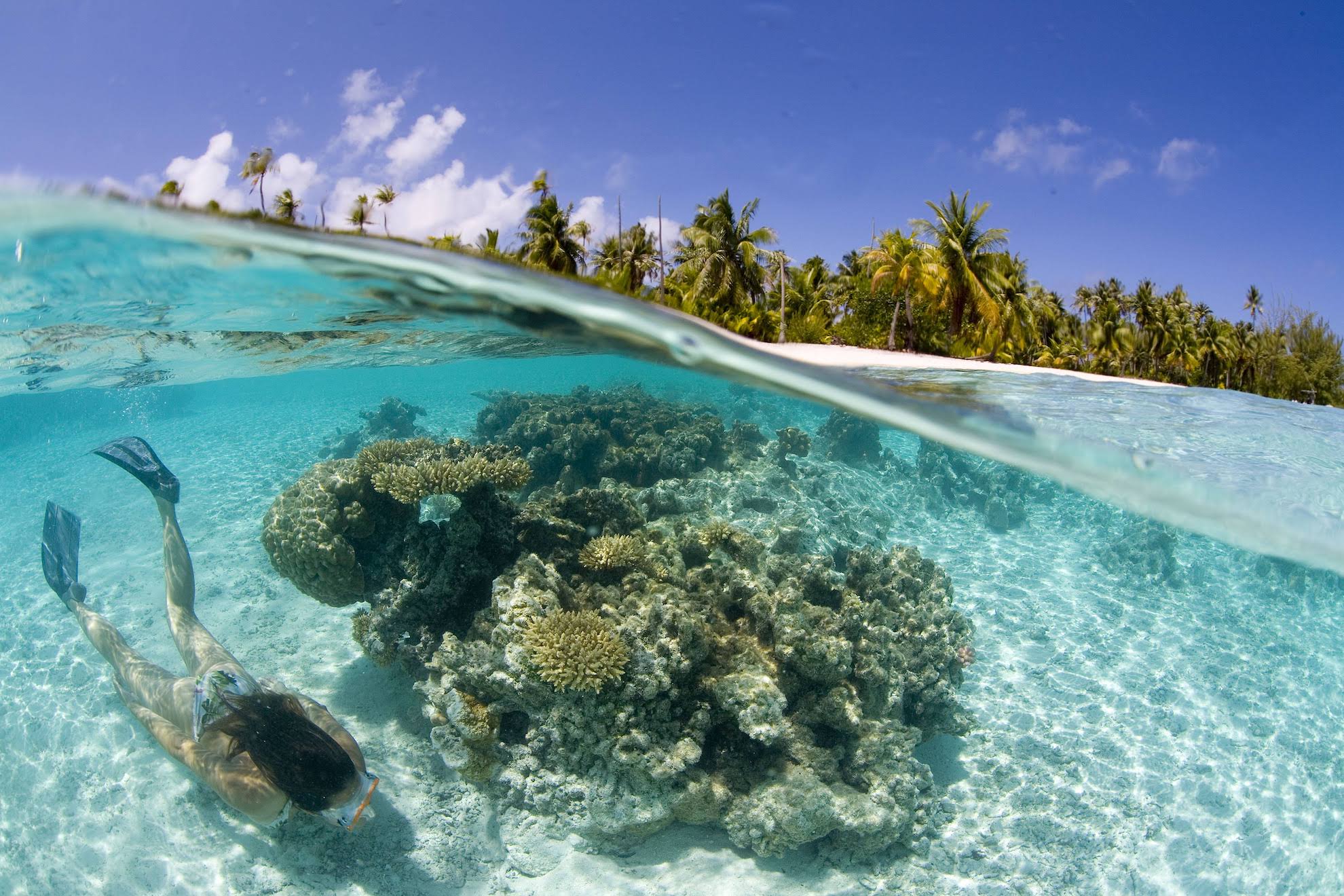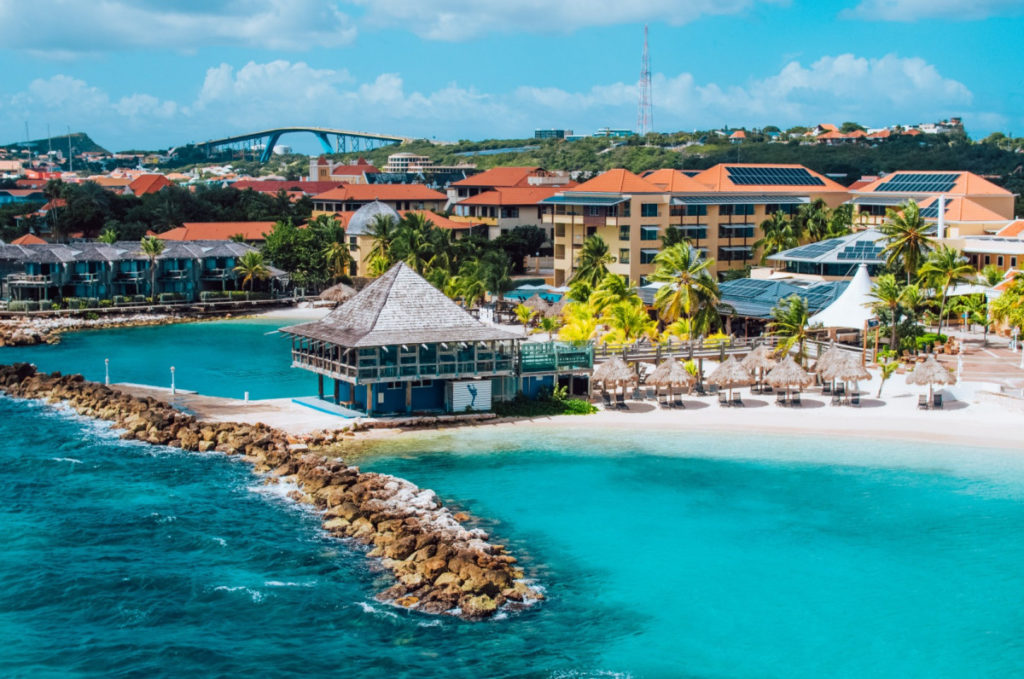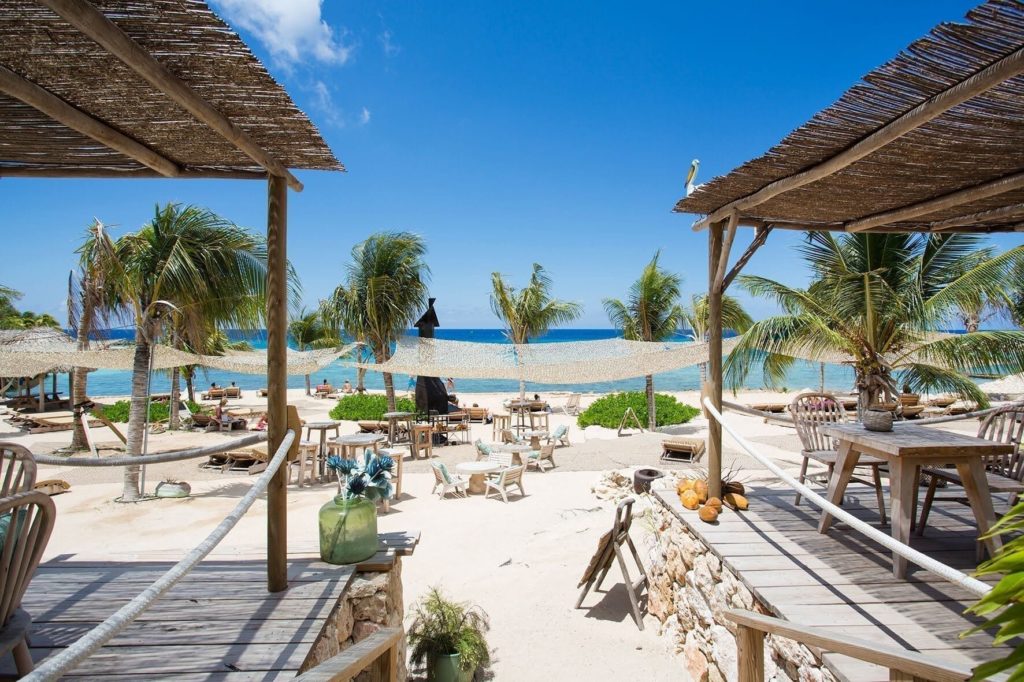
Curaçao’s Approach to Sustainable Ocean Management
The economic benefits of tourism on the island of Curaçao are undisputed, with the revenue enabling much-needed developments in infrastructure, providing career prospects for high volumes of indigenous workers and elevating Curacao’s notoriety on the world stage. From 2015 to 2019, the number of tourist arrivals in Curaçao increased dramatically, rising from approximately 1 million to 1.29 million.
With such a pronounced influx of tourists over such an objectively short period, there followed a dramatic surge in infrastructure to accommodate the island’s many visitors. A direct impact of increased hotel numbers means that there is more solid waste than ever before, much of which is sent to landfills to be buried on the island. ‘Brown water’, a by-product from the production of drinking water, aids in the pollution of marine environments.
The loss of sand to the ocean in the construction of artificial beaches is a leading contributor to coral death around the Caribbean. Leakages from wastewater facilities, landfills, and waste waters from landscaping at hotels are suspected to contribute to the worrying rates of coral-reef deterioration and death.
It’s clear at this time that tourism, while essential to the economic and infrastructural development of Curacao is detrimental to the marine ecology of the island, with the ever-increasing stress placed on reef systems, now could be the only time for effective action before the window of opportunity is forever lost. The likes of coastal development, overfishing and watershed pollution have thus far raised havoc on what was, until considerably recently, a thriving marine environment, with once vibrant underwater landscapes now reduced to pale, ghostly remnants of their once former glory.
In a morbid twist of irony, it was the vibrant underwater landscapes that began attracting tourists to the island of Curacao, which in turn, gave rise to the monumental growth in development, which is now causing the unforeseen, environmental catastrophe seen today. The loss of reef systems, not only in Curacao or the Caribbean, but throughout the world has grave implications for the future of the environment, as with the deforestation of Southern America and sub-Saharan Africa.
The stark increase in tourism has taken an immense toll on the ecology of Curacao, particularly on the marine life that encompasses the island
On the one hand, development in the tourism sector has given rise to a plethora of economic and social benefits that have improved the lives of countless thousands both inside and out of the Island. However, this stark increase in tourism has taken an immense toll on the ecology of Curacao, particularly on the marine life that encompasses the island. This is an unfortunate trend that is true not just of Curacao, but the Caribbean as a whole.
“Coral reefs in the Caribbean are degrading rapidly with a loss of 50% in just the last 4 decades. This degradation can be attributed to a combination of natural and human impacts, with human complacency doing little to combat the effects of global warming and rising sea levels. Furthermore, researchers project that 60% of Caribbean coral reefs will be lost over the next 30 years without comprehensive intervention.” – Researchstationcarmabi.org
Curaçao’s Efforts to Conserve
With this rather sobering prospect in mind, various governmental and voluntary organisations have set about trying to mitigate the stress on the marine environment through a series of reef replenishment initiatives aimed at fostering more sustainable conditions for marine seascapes. One such organisation is Coral Restoration Foundation Curacao (CRFC) – a non-profit organisation dedicated to enhancing populations of threatened coral species across Curacao and educating the public on the importance of the oceans.
From humble beginnings in 2015, CRFC installed 400 coral fragments of Elkhorn (Acropora palmata) and Staghorn (Acropora cervicornis) from 10 hanging ‘trees’ on the ocean floor of Curacao’s southern coast on their house reef, named Stella Maris which is located at Lions Dive & Beach Resort. An additional 10 trees were planted later that year, populated with fragments of coral from the first trees. A year later, the nurseries held a total of 1250 corals, and to date, CRFC has planted over 2400 corals across Curacao’s southern coast, with plans to expand operations across a greater number of popular dive sites.
“It’s clear at this time that tourism, while essential to the economic and infrastructural development of Curacao is detrimental to the marine ecology of the island, with the ever-increasing stress placed on reef systems, now could be the only time for effective action before the window of opportunity is forever lost.”
In the battle against ocean degradation, there are certain organisations that go above and beyond to maintain marine vitality, even at the cost of their own time and effort. The Project AWARE – Adopt a Dive Site initiative, headed by The Curacao Hospitality & Tourism Association’s (CHATA) Dive Task Force sees voluntary divers take to the southern coast of Curacao in debris clearing diving excursions.
One such location is Jan Thiel Beach – a bustling hub of activity and a hotspot for avid divers and snorkellers, situated on Curacao’s southern coast. The likes of Livingstone Jan Thiel Beach Resort, and other hotels situated close to the beach reap the benefit of these voluntary ocean cleanup operations. As in the case of the former, the ocean floor of its namesake beach has displayed unquantifiable improvement, which in turn leaves a better impression on the many visiting tourists who are now more inclined to return.
The idea is simple, yet effective, whereby an area of the ocean floor with high volumes of debris is targeted by the Dive Task Force and meticulously swept of all unnatural entities. Certified divers visiting Curacao are invited to partake in clean-up operations. Those who do, contribute greatly to the integrity of the Islands Marine welfare. To date, over 215 volunteer divers have removed more than 348 kgs (778 lbs) of debris from Curacao’s reefs.
Their message is one of sustainability, and their actions speak louder than words


